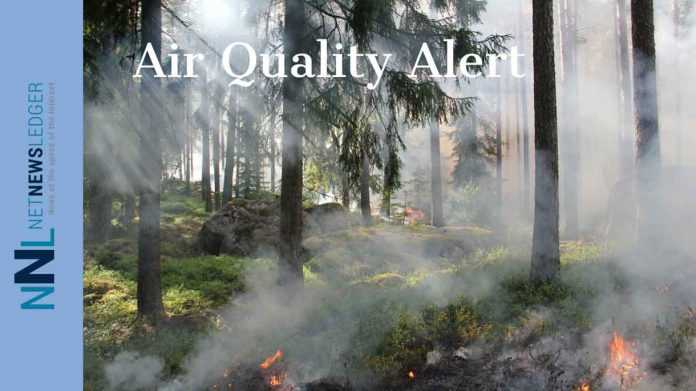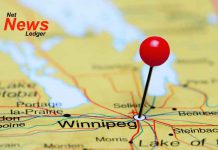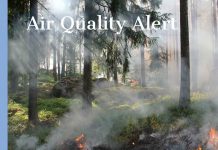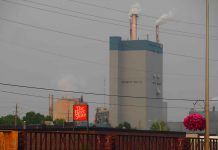Special Air Quality Statement for Northwestern Ontario
Regions Affected:
- Big Trout Lake
- Sachigo Lake
- Bearskin Lake
- Kenora
- Sioux Falls – Nestor Falls
- Dryden – Vermilion Bay
- Ignace – English River
KENORA – CLIMATE – Smoke from forest fires near the Manitoba border has severely compromised the air quality in far northwestern Ontario. It is predicted that these conditions will remain until the end of tonight before observing any improvement. Notably, the air quality can vary dramatically across short distances and time frames.
For an in-depth understanding, visit the official website: Canadian Environmental & Climate Change Services on Wildfire Smoke.
The Health Implications of Wildfire Smoke
Even at minimal concentrations, wildfire smoke can pose significant health risks for everyone. However, precautions can be taken to minimize exposure:
- High-Risk Groups:
- Individuals with lung diseases (e.g., asthma) or heart diseases.
- Older adults.
- Children.
- Pregnant individuals.
- Outdoor workers.
It’s crucial for high-risk individuals to consult with healthcare professionals to prepare for wildfire smoke events and always have essential medications at hand during the wildfire season.
- Monitoring and Reaction:
- Lessen or halt activities if breathing becomes challenging or you feel unwell.
- Always monitor the Air Quality Health Index (AQHI) and any symptoms you may experience.
- Everyone’s response to smoke is unique. Common reactions include mild irritation and discomfort.
- Increase water intake to assist your body in coping with the smoke.
- Seek shelter in community areas that offer clean, cool air for respite.
- If outdoors, consider wearing a well-fitted respirator type mask (like a NIOSH certified N95). These primarily combat the health risks of fine particles in smoke.
- Regularly check on vulnerable individuals in your community.
- Home Air Quality Management:
- For HVAC systems, use MERV filters (rating 13 or above) and set the fan to recirculate the air continuously. Portable HEPA air cleaners are also recommended.
- Keep your living spaces sealed from the smoke by keeping doors and windows closed.
- Refrain from activities that can pollute indoor air. This includes smoking, vaping, frying foods, burning candles, using wood stoves, and vacuuming. During pollution episodes, it’s recommended to wipe and wet mop to remove dust from indoor surfaces.
Remember, safety is paramount. Always prioritize your health and the well-being of those around you, especially during these challenging times.





